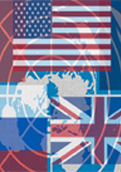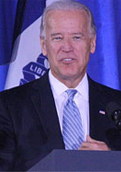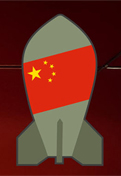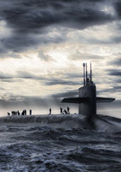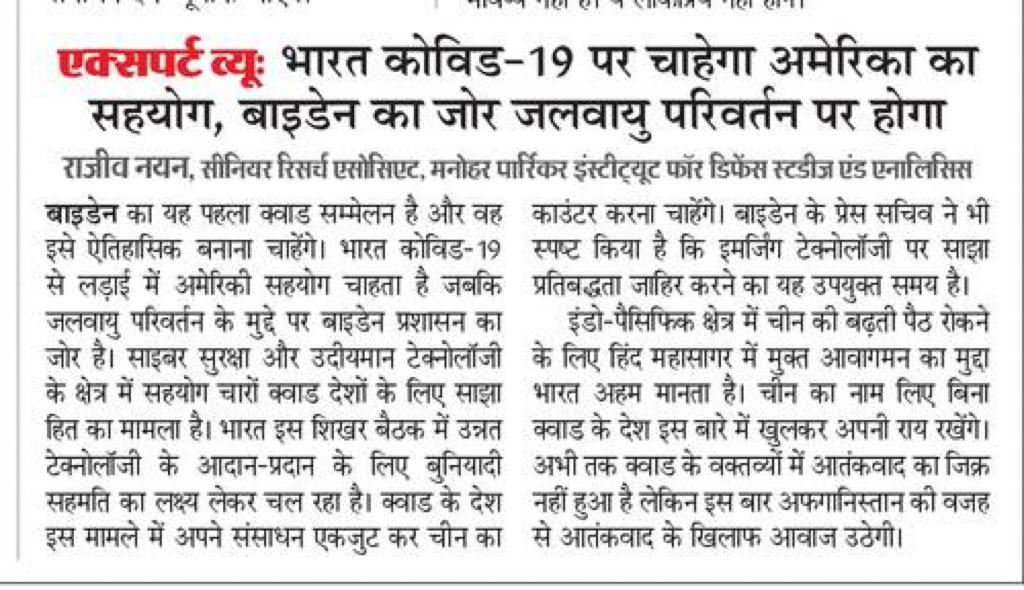A Changing Vietnam
Senior Research Associate, Manohar Parrikar IDSA, Dr Rajiv Nayan’s article ‘A Changing Vietnam’ has been published by Blitz India on 15 August 2022.
Over the years, Vietnam has emerged as a significant beneficiary of the shifting of business away from China. Several Western companies are creating their production bases in Vietnam, says Dr Nayan.




